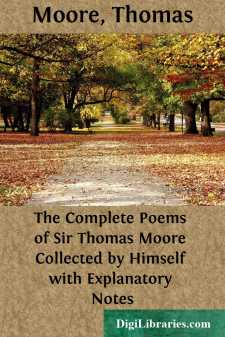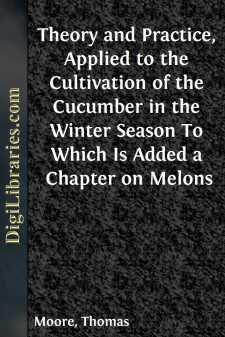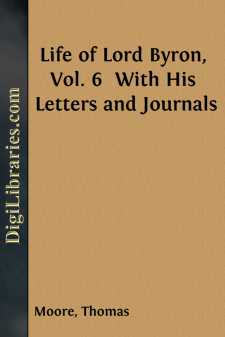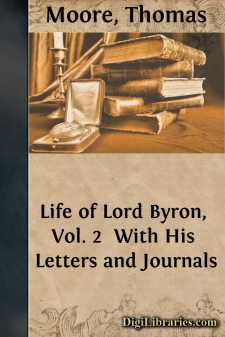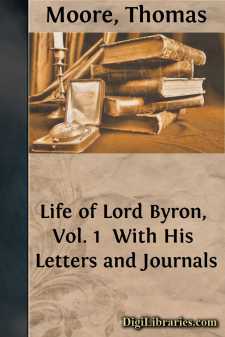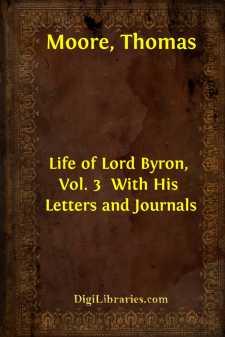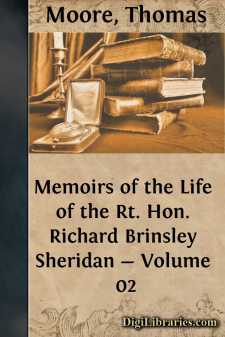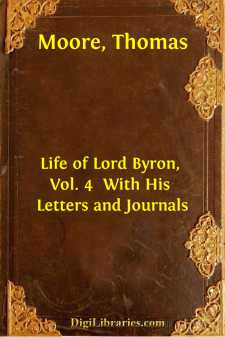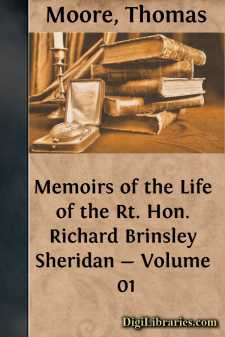Categories
- Antiques & Collectibles 13
- Architecture 36
- Art 48
- Bibles 22
- Biography & Autobiography 816
- Body, Mind & Spirit 145
- Business & Economics 28
- Children's Books 18
- Children's Fiction 14
- Computers 4
- Cooking 94
- Crafts & Hobbies 4
- Drama 346
- Education 58
- Family & Relationships 59
- Fiction 11834
- Foreign Language Study 3
- Games 19
- Gardening 17
- Health & Fitness 34
- History 1378
- House & Home 1
- Humor 147
- Juvenile Fiction 1873
- Juvenile Nonfiction 202
- Language Arts & Disciplines 89
- Law 16
- Literary Collections 686
- Literary Criticism 179
- Mathematics 13
- Medical 41
- Music 40
- Nature 179
- Non-Classifiable 1768
- Performing Arts 7
- Periodicals 1453
- Philosophy 66
- Photography 2
- Poetry 897
- Political Science 203
- Psychology 45
- Reference 154
- Religion 516
- Science 126
- Self-Help 86
- Social Science 82
- Sports & Recreation 34
- Study Aids 3
- Technology & Engineering 59
- Transportation 23
- Travel 463
- True Crime 29
Our website is made possible by displaying online advertisements to our visitors.
Please consider supporting us by disabling your ad blocker.
The Complete Poems of Sir Thomas Moore Collected by Himself with Explanatory Notes
by: Thomas Moore
Description:
Excerpt
THOMAS MOORE
Thomas Moore was born in Dublin on the 28th of May 1780. Both his parents were Roman-Catholics; and he was, as a matter of course, brought up in the same religion, and adhered to it—not perhaps with any extreme zeal—throughout his life. His father was a decent tradesman, a grocer and spirit-retailer—or "spirit-grocer," as the business is termed in Ireland. Thomas received his schooling from Mr. Samuel Whyte, who had been Sheridan's first preceptor, a man of more than average literary culture. He encouraged a taste for acting among the boys: and Moore, naturally intelligent and lively, became a favorite with his master, and a leader in the dramatic recreations.
His aptitude for verse appeared at an early age. In 1790 he composed an epilogue to a piece acted at the house of Lady Borrows, in Dublin; and in his fourteenth year he wrote a sonnet to Mr. Whyte, which was published in a Dublin magazine.
Like other Irish Roman-Catholics, galled by the hard and stiff collar of Protestant ascendancy, the parents of Thomas Moore hailed the French Revolution, and the prospects which it seemed to offer of some reflex ameliorations. In 1792 the lad was taken by his father to a dinner in honor of the Revolution; and he was soon launched upon a current of ideas and associations which might have conducted a person of more self-oblivious patriotism to the scaffold on which perished the friend of his opening manhood, Robert Emmet. Trinity College, Dublin, having been opened to Catholics by the Irish Parliament in 1793, Moore was entered there as a student in the succeeding year. He became more proficient in French and Italian than in the classic languages, and showed no turn for Latin verses. Eventually, his political proclivities, and intimacy with many of the chiefs of opposition, drew down upon him (after various interrogations, in which he honorably refused to implicate his friends) a severe admonition from the University authorities; but he had not joined in any distinctly rebellious act and no more formidable results ensued to him.
In 1793 Moore published in the Anthologia Hibernica two pieces of verse; and his budding talents became so far known as to earn him the proud eminence of Laureate to the Gastronomic Club of Dalkey, near Dublin, in 1794. Through his acquaintance with Emmet, he joined the Oratorical Society, and afterwards the more important Historical Society; and he published An Ode on Nothing, with Notes, by Trismegistus Rustifucius, D. D., which won a party success. About the same time he wrote articles for The Press, a paper founded towards the end of 1797 by O'Connor, Addis, Emmet, and others. He graduated at Trinity College in November, 1799.
The bar was the career which his parents, and especially his mother, wished Thomas to pursue; neither of them had much faith in poetry or literature as a resource for his subsistence. Accordingly, in 1799, he crossed over into England, and studied in the Middle Temple; and he was afterwards called to the bar, but literary pursuits withheld him from practicing....


